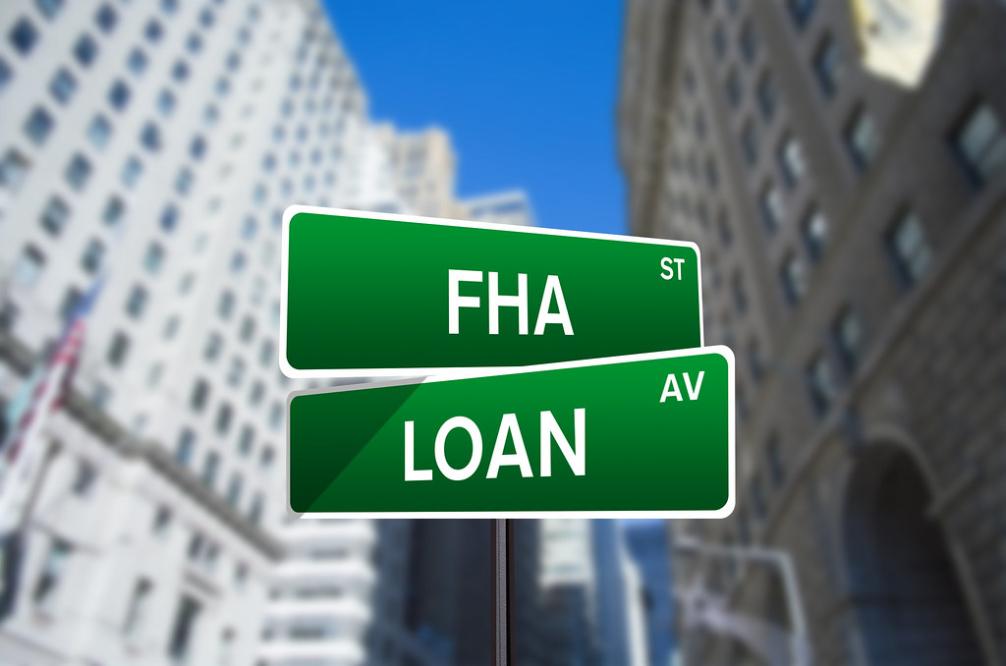How Do I Qualify for an FHA Loan?
An FHA loan is a government-insured mortgage loan that is designed to help first-time homebuyers and borrowers with less-than-perfect credit obtain financing. FHA loans are insured by the Federal Housing Administration (FHA), which reduces the risk to lenders and allows them to offer more favorable terms to borrowers.

Benefits Of FHA Loans
- Lower credit score requirements: FHA loans have lower credit score requirements than conventional loans, making them a good option for borrowers with less-than-perfect credit.
- Lower down payment requirements: FHA loans require a down payment of just 3.5%, which is lower than the down payment requirements for conventional loans.
- More flexible underwriting guidelines: FHA loans have more flexible underwriting guidelines than conventional loans, making them a good option for borrowers who have been turned down for a conventional loan.
Qualification Process
The qualification process for an FHA loan is similar to the qualification process for a conventional loan. You will need to provide the lender with information about your income, assets, debts, and credit history. The lender will use this information to determine if you meet the FHA loan requirements.
Credit Score Requirements
Your credit score is one of the most important factors in determining whether you will qualify for an FHA loan. FHA loans have lower credit score requirements than conventional loans, but you will still need a credit score of at least 580 to qualify for an FHA loan.
If your credit score is below 580, you may still be able to qualify for an FHA loan if you have a co-signer with a good credit score.
Debt-to-Income Ratio (DTI)

Your debt-to-income ratio (DTI) is another important factor in determining whether you will qualify for an FHA loan. Your DTI is the percentage of your monthly income that is used to pay your debts.
The maximum DTI for an FHA loan is 43%. This means that if your monthly income is $5,000, your total monthly debt payments cannot exceed $2,150.
Employment And Income Requirements
To qualify for an FHA loan, you must be employed and have a steady income. The lender will consider your employment history, your income, and your debt-to-income ratio when determining whether you qualify for an FHA loan.
The minimum income requirements for an FHA loan vary depending on the loan amount and the number of borrowers. However, you will generally need to have a gross income of at least $35,000 to qualify for an FHA loan.
Property Requirements
FHA loans can be used to purchase a variety of property types, including single-family homes, townhouses, condominiums, and manufactured homes.
The maximum loan amount for an FHA loan varies depending on the property type and the location of the property. However, the maximum loan amount for a single-family home is currently $420,680.
Down Payment Requirements
The down payment requirement for an FHA loan is just 3.5%. This means that if you are purchasing a $200,000 home, you will need to make a down payment of $7,000.
You can make a larger down payment if you want to, but it is not required. Making a larger down payment will reduce your monthly mortgage payments and the amount of interest you pay over the life of the loan.
Additional Requirements
In addition to the credit score, DTI, employment, income, and property requirements, there are a few other factors that may be considered during FHA loan qualification.
- Insurance: You will be required to purchase mortgage insurance if you are making a down payment of less than 20%. Mortgage insurance protects the lender in the event that you default on your loan.
- Appraisal: The lender will order an appraisal of the property to determine its value. The appraisal must show that the property is worth at least the amount of the loan.
- Documentation: You will need to provide the lender with a variety of documentation, including your tax returns, pay stubs, and bank statements.
- Fees: You will be required to pay a variety of fees, including an application fee, an origination fee, and a closing fee.
FHA loans are a good option for first-time homebuyers and borrowers with less-than-perfect credit. FHA loans have lower credit score requirements, lower down payment requirements, and more flexible underwriting guidelines than conventional loans.
If you are interested in learning more about FHA loans, you should talk to a mortgage lender. A mortgage lender can help you determine if you qualify for an FHA loan and can help you through the loan application process.
YesNo

Leave a Reply